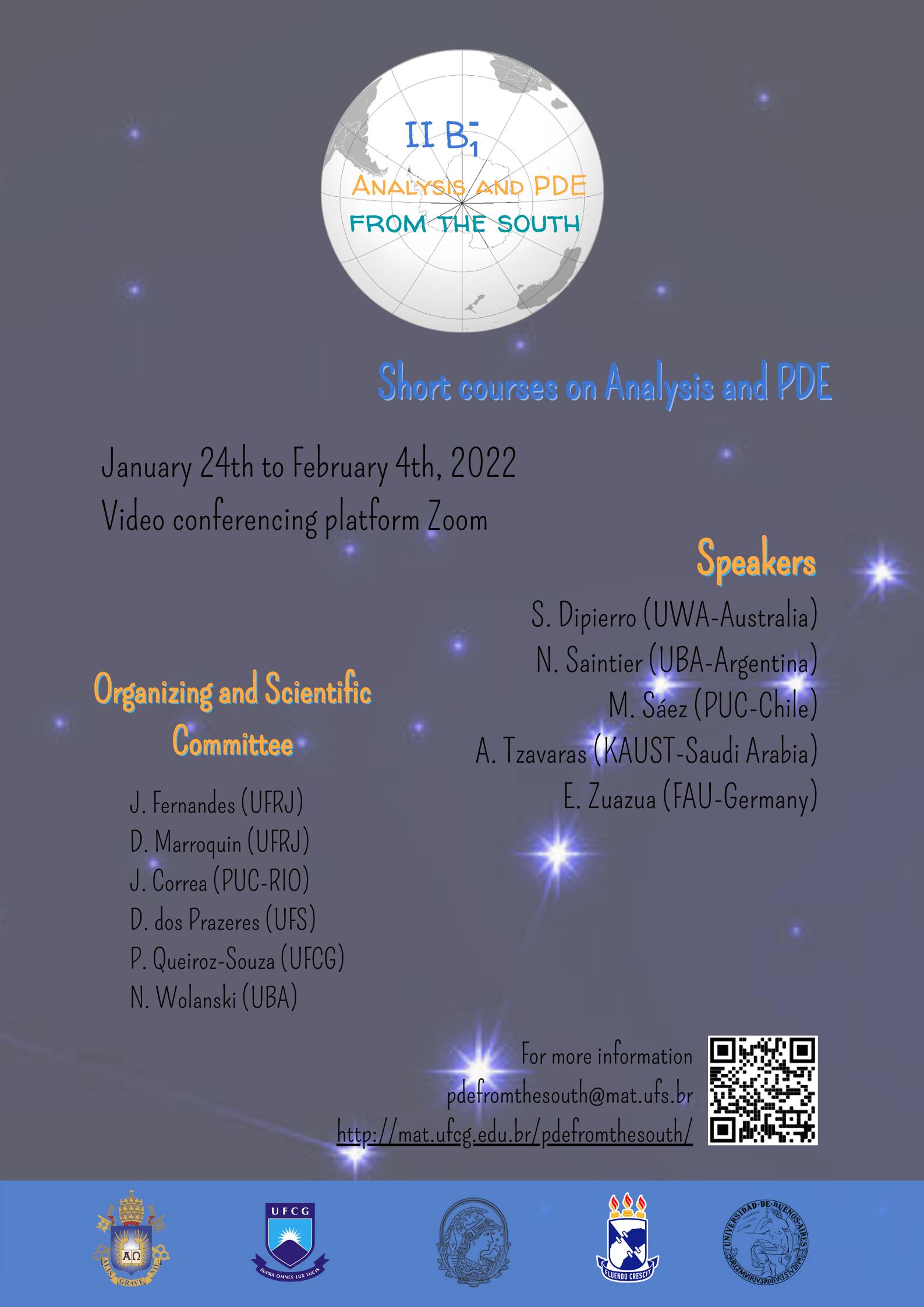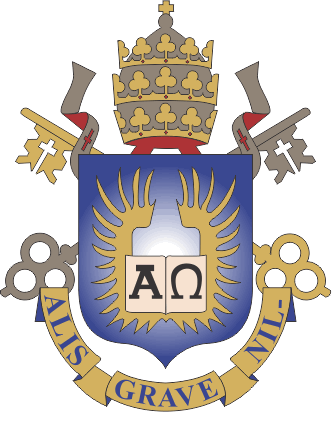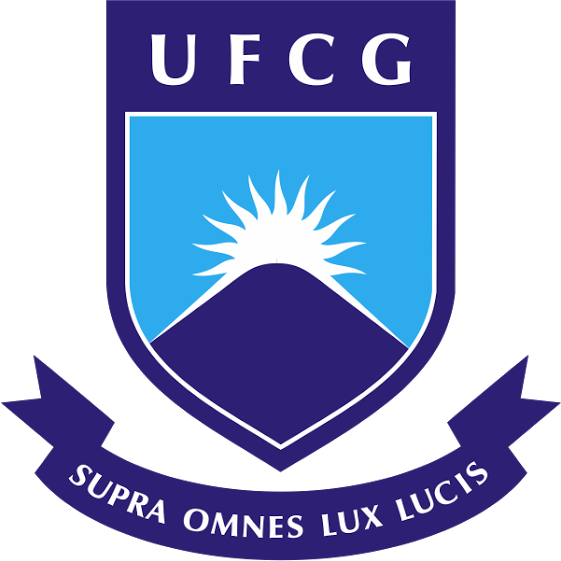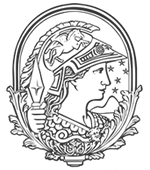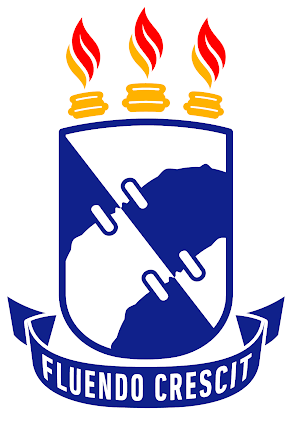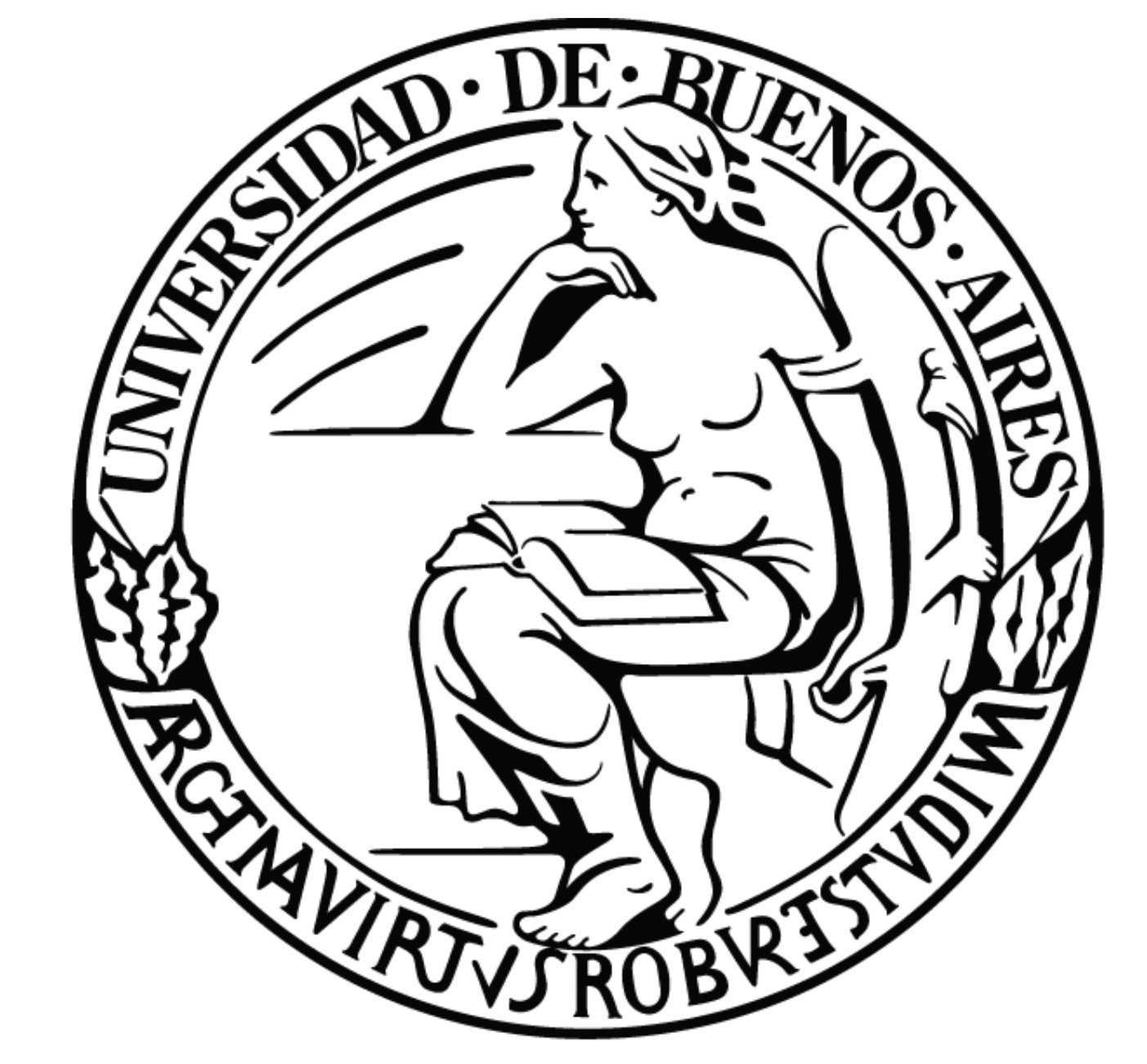Title: The Malmheden Theorem and the geometry of harmonic functions
Serena Dipierro, University of Western Australia
Abstract: In this course we will present a classical result by Malmheden based on a simple algorithm to determine theharmonic function in a ball, knowing its values on the boundary. We will also discuss the fractional counterpart, from which one obtains a representation formula for s-harmonic functions as a linear superposition of weighted classical harmonic functions and a new simple proof of the fractional Harnack inequality.
___________________________________________
Title: Modelling of social phenomena
N Saintier, U. Buenos Aires
Abstract: Over the past 20 years, modelling of social phenomena has received a great deal of attention from the physics and maths community. In these lectures we will study how simple microscopic interactions among individuals can lead to macroscopic consequences.
We will focus on opinion formation process: individuals of a population exchange their views about some topic (e.g. ‘are you against or in favor of vaccination’), slightly changing their mind after each discussion. A macrocopic tendency can then be observed as a result of these microscopic interactions. The main problem consists then in understanding the macroscopic phenomenon (the evolution in time of the distribution $f_t$ of opinion) from the microscopic rules of interactions.
We will see how to deduce an integro-differential equation for $f_t$, and then how we can approximate it by a partial differential equation. In some case we will end up with a 1st order PDE and see how we can solve it (with the difficulty that $f_t$ is a probability measure over the space of opinions !).
___________________________________________
Title: Extrinsic geometric flows
Mariel Saez Trumper, PUC-Chile
Abstract: Over the last years, geometric flows have played an important role in several areas of mathematics, such as geometry, topology and general relativity. In this mini course I will describe some of the main ideas and results in the area.
___________________________________________
Title: Hyperbolic-Parabolic Systems in Viscoelasticity and Thermomechanics
Athanasios Tzavaras, KAUST-Saudi Arabia
Abstract: The area of partial differential equations that concerns the mathematical theory of the equations of thermomechanics has been a testing ground of several analytical ideas in the theory of nonlinear partial differential equations and an active testground for numerical methods. The goal of this minicourse is to present some of the analytical ideas and open problems in the area of thermomechanics at the same time emphasizing the connection between mechanics and discrete and kinetic modeling of mechanical systems. I will highlight the following topics:
Introduction to the balance laws of continuum thermomechanics, transformations from
Lagrangian to Eulerian coordinates, thermodynamics and the Clausius-Duhem inequality.
The equations of nonlinear viscoelasticity of Kelvin-Voigt type. Dissipation structure.
Existence of strong and of weak solutions. The problem of uniqueness of solutions.
Propagation of oscillations in weak solutions of hyperbolic-parabolic systems.
The equations of polyconvex elasticity, null-Lagrangians, the transport-stretching kine-
matic identities, embedding polyconvex elastodynamics to a symmetric hyperbolic sys-
tems. Variational approximation of the equations of elasticity, Applications to the exis-
tence of measure-valued solutions for elasticity and to uniqueness of classical solutions in the class of entropic-mv solutions. Approximation of elasticity by lattice systems.
Wasserstein distance, the Brenier-Benamou formula, gradient flows in Wasserstein, and
the JKO scheme. Gradient flows as large friction limit of Hamiltonian flows. Relative entropy for the Hamiltonian flow. Applications to weak-strong uniqueness for the Euler-Korteweg theory, relaxation limits from Euler with friction to porous media, and from Euler-Korteweg to the Cahn-Hilliard equation.
___________________________________________
Title: Control and Machine Learning
Enrique Zuazua, Friedrich-Alexander-Universität Erlangen-Nürnberg
Abstract: After a short historical introduction, we shall present and discuss the problem of controllability of Ordinary Differential Equations (ODE) and Partial Differential Equations (PDE) arising in various areas of Science and Technology. It consists in analyzing whether, by means of a suitable and feasible controller, the solution of a dynamical system can be driven to a desired final configuration (or close to it).
We shall also discuss its dual version, the so-called observability problem. It concerns the possibility of measuring or observing, by means of suitable sensors, the whole dynamics of the system through partial measurements, alsoi relevant in the context of Inverse Problems.
Finally, we shall also address some of the problems arising in the modern theory of Machine Learning, which is strongly inspired and influenced by some of the fundamental ideas and techniques in Control Theory. An introduction to this topic will also be presented, focusing mainly on the use of control techniques for the analysis of Deep Neural Networks as a tool to address, for instance, the problem of Supervised Learning. Numerical implementation issues will also be discussed.

